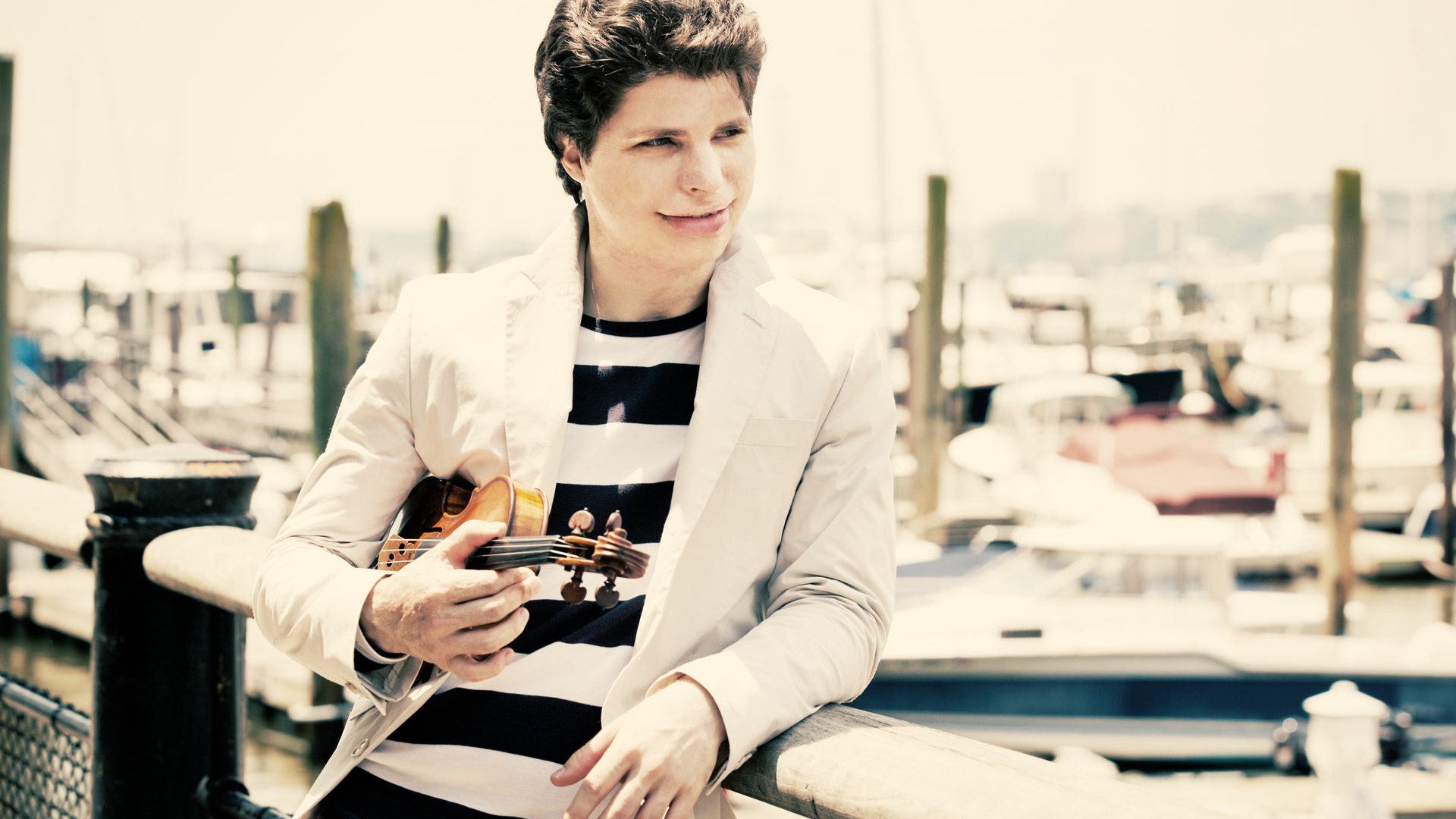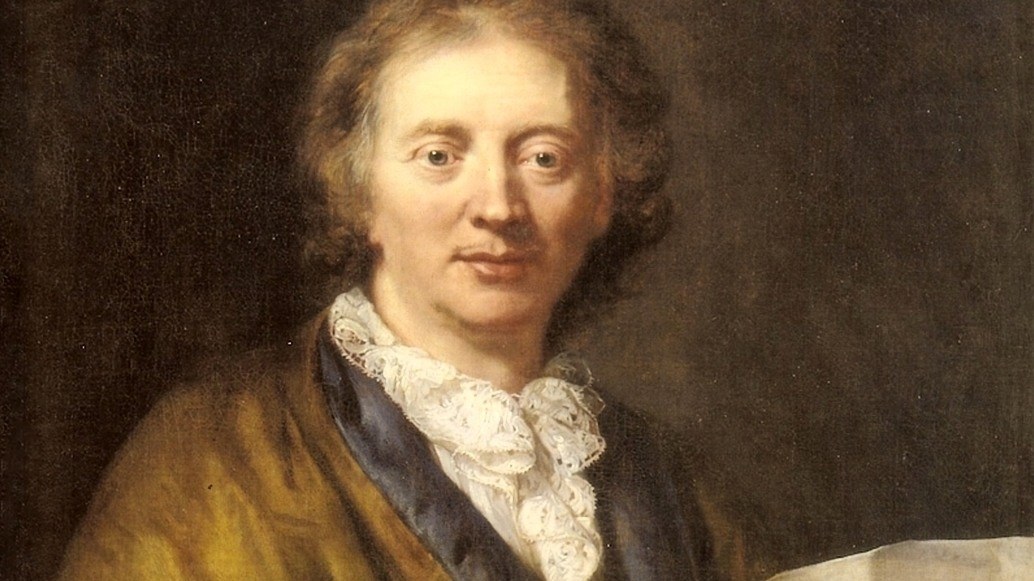Bach’s “Easter Oratorio”: A Celebratory Retrofit
J.S. Bach’s Easter Oratorio was first performed at St. Thomas Church in Leipzig on Easter Sunday, 1725. But most of this music was not written with Easter in mind. Instead, it was recycled from the now lost secular “Shepherd Cantata,” written a month earlier to celebrate the thirty-first birthday of Bach’s patron, Christian, Duke of Saxe-Weissenfels. A year later, Bach recycled the cantata again for the birthday of Count Joachim Friedrich von Flemming. The Easter Oratorio opens with an …







